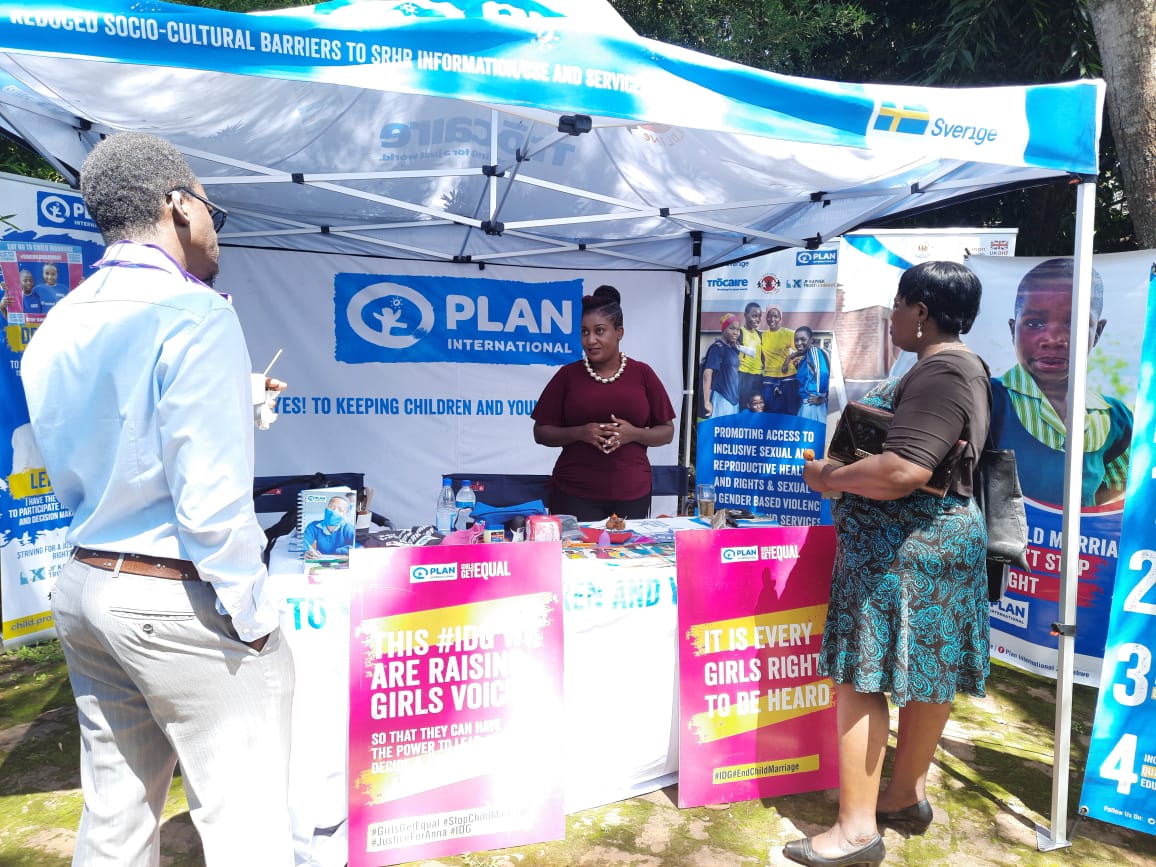|
Getting your Trinity Audio player ready...
|
Plan International Zimbabwe is making a clarion call to leaders to let girls lead, participate and decide on issues that affect their lives, their bodies, and their futures.
The State of World’s Girls: The Truth Gap, a 2022 global survey of 29,000 girls and women aged 15-24, from 29 countries resonates with girls’ experiences in Zimbabwe. Girls are denied the right to shape the decisions that affect their lives, their bodies, and their futures. They are dismissed as ‘too young’ to add value or held back by deep-rooted gender norms and discrimination practices.
According to Plan International’s Head of Programs Antoinette Ngoma, “Girls’ participation in decision-making and their interaction with power needs to be appreciated in its broad diversity. We need to acknowledge and value the knowledge and experience that girls and young women already have, and to identify recommendations for how to best support girls and young women’s participation at a higher level for greater influence.”
The big issues of our time such as climate change, increasing hunger, poverty, deepening inequalities, and shifting global geopolitics are all impossible to ignore. As they get older, adolescent girls and young women are becoming more conscious, more interested in these issues, and increasingly aware of how decisions made both locally and nationally, will have an effect on their lives. Hence, they must be supported to claim their rights and develop their capacities to participate.
“We have seen girls organizing locally and even through social media to give voice to their issues in health, education, and care work, bringing them to the attention of the duty bearers. They are demonstrating that the issues that affect them in their private space are issues of policy-level significance that need attention,” adds Ngoma.
The International Day of the Girl 2022 is an opportunity to spotlight the challenges that girls continue to face in our context. Girls’ issues ought to be part of the national agenda and their voices need to be heard in decision-making platforms and spaces.
This day remains a key global moment to celebrate the power of girls and highlight the barriers they face since the United Nations (UN) adopted it as International Day of the Girl in December 2011. Today marks a decade since Resolution 66/170, which declared October 11 as the International Day of the Girl Child.
To commemorate this year’s international day of the girl, throughout October, Plan International Zimbabwe will connect young girls’ to women in key decision-making spaces across the agricultural, diplomatic, media, medical, and civic space. We acknowledge the importance of knowledge sharing across generations and how critical it is for young girls to draw inspiration from women who are already in positions of authority.
To demonstrate the existence of girls’ agency and power at various levels and across various issues, girls supported by Plan International will compete with Zimbabwe’s netball team, the Gems on October 13 at the Stodart complex in Mbare.
The event will bring together civil society, government representatives, sporting stakeholders, and local female leaders and influencers in solidarity with the call to “Let Girls Lead”.






